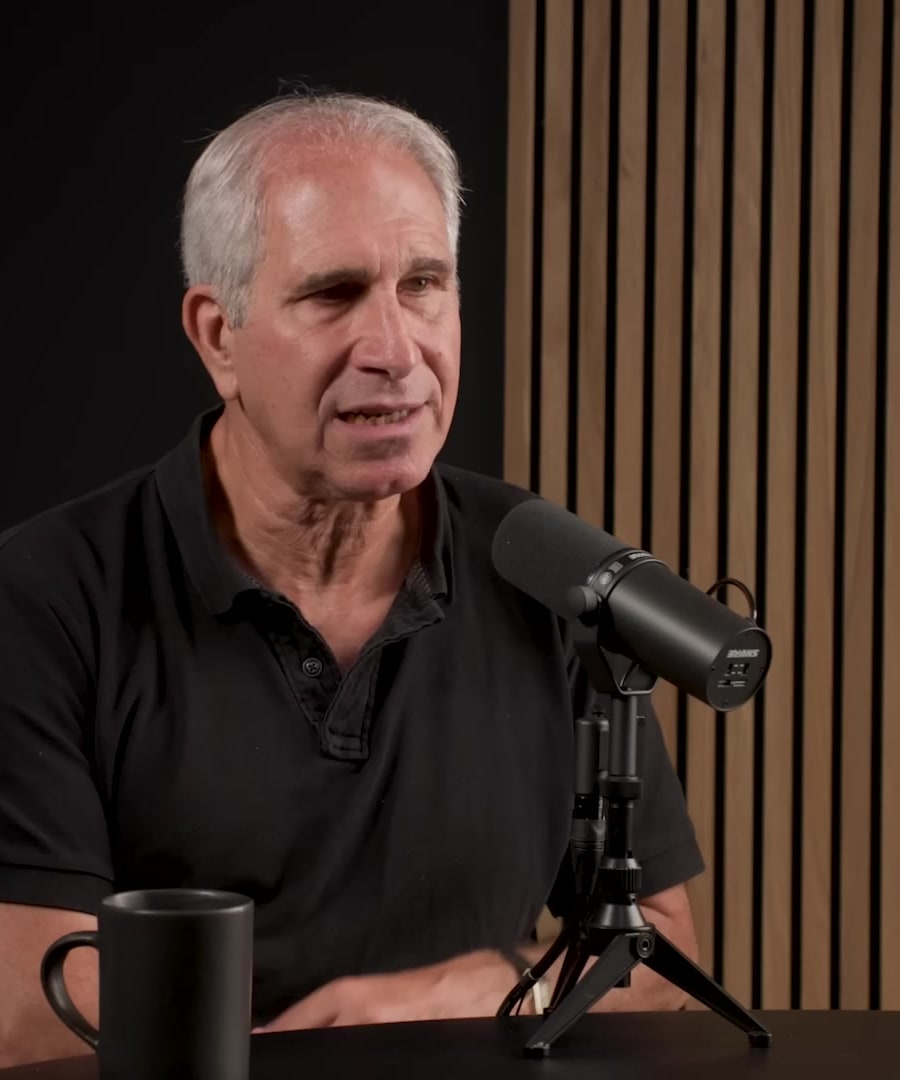Explain what dopamine is in one paragraph and how it leads to addiction, tolerance, withdrawl
Sources:
Dopamine is a neurotransmitter in the brain that plays a crucial role in our experience of pleasure, motivation, and reward. When a person engages in an activity that releases dopamine, such as using drugs, eating certain foods, or participating in enjoyable activities, they experience a feeling of pleasure. However, repeated and excessive dopamine release from these sources, especially drugs that cause large spikes in its levels, can lead to addiction. As the brain adapts to the elevations in dopamine levels, it starts to lessen its response, leading to tolerance—people need more of the addictive substance or behavior to achieve the former effects. When the person stops the activity, withdrawal symptoms occur due to the sudden deficit of dopamine, resulting in a craving to restore pleasure through the addictive substance or behavior 1. Additionally, addiction is closely linked with the memory systems and neuroplastic changes in the brain, which further drive compulsive behavior to seek out dopamine-releasing activities 2.
RELATED QUESTIONS
Explain what dopamine is in one paragraph and how it leads to addiction, tolerance, withdrawl
- RELATED QUESTIONS

